Ann Cnop, Le Pavillon de Musique - Anonymous: Violin Concertos (2024) [Hi-Res]
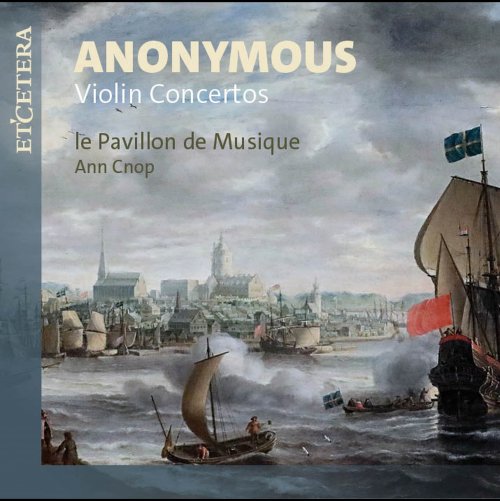
Artist: Ann Cnop, Le Pavillon de Musique
Title: Anonymous: Violin Concertos
Year Of Release: 2024
Label: Etcetera
Genre: Classical
Quality: flac lossless (tracks) / flac 24bits - 44.1kHz
Total Time: 00:48:50
Total Size: 264 / 499 mb
WebSite: Album Preview
TracklistTitle: Anonymous: Violin Concertos
Year Of Release: 2024
Label: Etcetera
Genre: Classical
Quality: flac lossless (tracks) / flac 24bits - 44.1kHz
Total Time: 00:48:50
Total Size: 264 / 499 mb
WebSite: Album Preview
01. Violin Concerto in Bes: I. Allegro
02. Violin Concerto in Bes: II. Siciliana
03. Violin Concerto in Bes: III. Allegro
04. Violin Concerto in C: I. Allegro
05. Violin Concerto in C: II. Adagio
06. Violin Concerto in C: III. Allegro
07. Violin Concerto in G: I. Allegro
08. Violin Concerto in G: II. Adagio Staccato
09. Violin Concerto in G: III. Allegro
10. Violin Concerto in D: I. Allegro
11. Violin Concerto in D: II. Andante
12. Violin Concerto in D: III. Allegro
I found the violin concertos of Henry-Jaques De Croes, a Belgian composer of the Baroque period, at the Musik-och Teaterbiblioteket in Stockholm in 2020. A new adventure began at that very moment which led to a first recording and concerts by Le Pavillon de Musique: an ensemble - my ensemble - whose focus is on the performance of works that have been either forgotten or lost.
This copy of the first edition of De Croes' violin concertos is the only complete copy that has survived; its path to the Stockholm library remains shrouded in mystery. The same library also houses a large collection of manuscripts that are unattributed and hence anonymous; several of these contain works of exceptionally high quality, out of which I selected four violin concertos. Each concerto possesses a very different musical character and is also clearly in a different hand; we may assume from this that they are the work of four different people.
The concertos were composed in the galant style of the 18th century. Further research could possibly reveal where and even by whom they were written. Perhaps in Stockholm itself? Or were these manuscripts rushed to Stockholm to save them from destruction during the war? All sorts of wild stories could easily be concocted to account not only for their presence there but also concerning who might have written them. Could the composers have had political or religious reasons for this - or even personal ones? Or could the works simply have been lost when the estate of a known composer was being moved from one place to another? Once again we can give our imaginations free rein.
![Alfredo Rodriguez - ¡Take Cover! (2026) [Hi-Res] Alfredo Rodriguez - ¡Take Cover! (2026) [Hi-Res]](https://img.israbox.com/img/2026-01/22/mbs4zm178vlsnlank5d70k6ab.jpg)
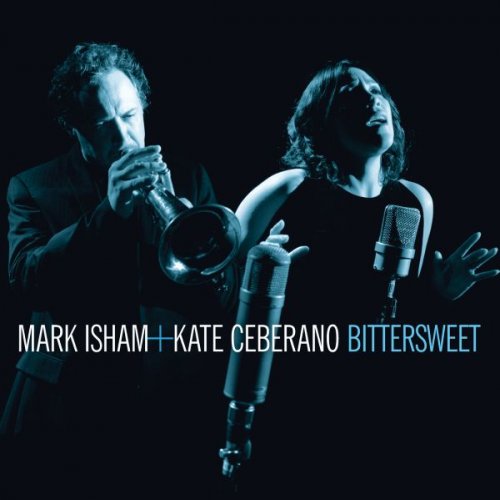
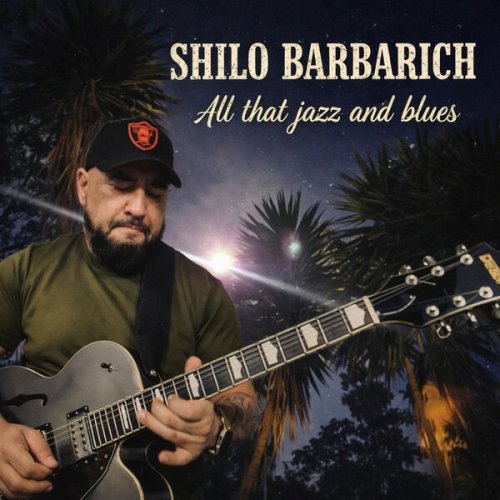
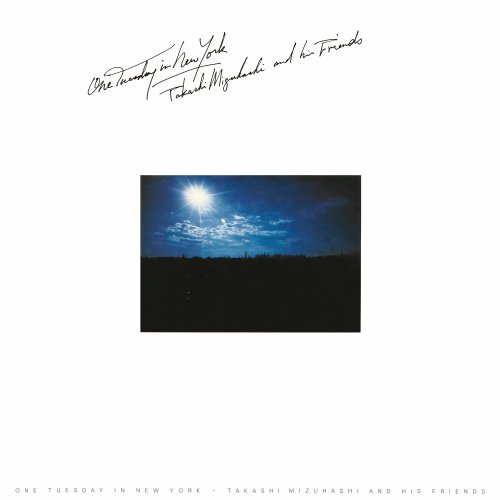
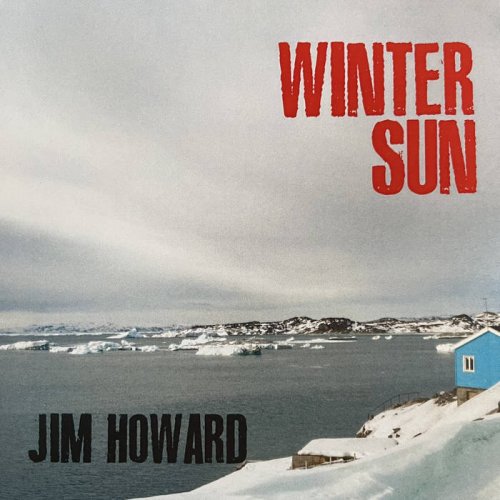
![VA - WaJazz: Japanese Jazz Spectacle Vol.II - Deep, Heavy and Beautiful Jazz from Japan 1962-1985 - The King Records Masters - Selected by Yusuke Ogawa (Universounds) (2026) [Hi-Res] VA - WaJazz: Japanese Jazz Spectacle Vol.II - Deep, Heavy and Beautiful Jazz from Japan 1962-1985 - The King Records Masters - Selected by Yusuke Ogawa (Universounds) (2026) [Hi-Res]](https://www.dibpic.com/uploads/posts/2026-01/1769026771_epu9gg9hbiwl3_600.jpg)
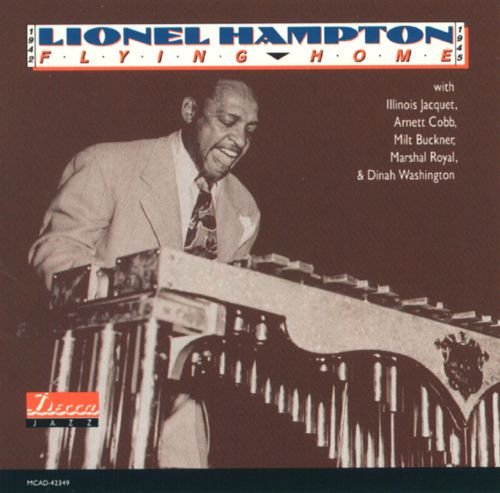
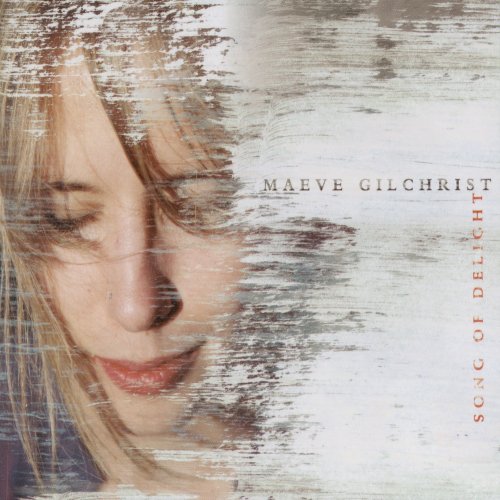
![Age, Gustav Lundgren, Adrien Sanchez, Édouard Pennes, Jean Dousteyssier, Guilhem Flouzat - The New AGE (2026) [Hi-Res] Age, Gustav Lundgren, Adrien Sanchez, Édouard Pennes, Jean Dousteyssier, Guilhem Flouzat - The New AGE (2026) [Hi-Res]](https://www.dibpic.com/uploads/posts/2026-01/1769257924_rxaptzfdcyngc_600.jpg)